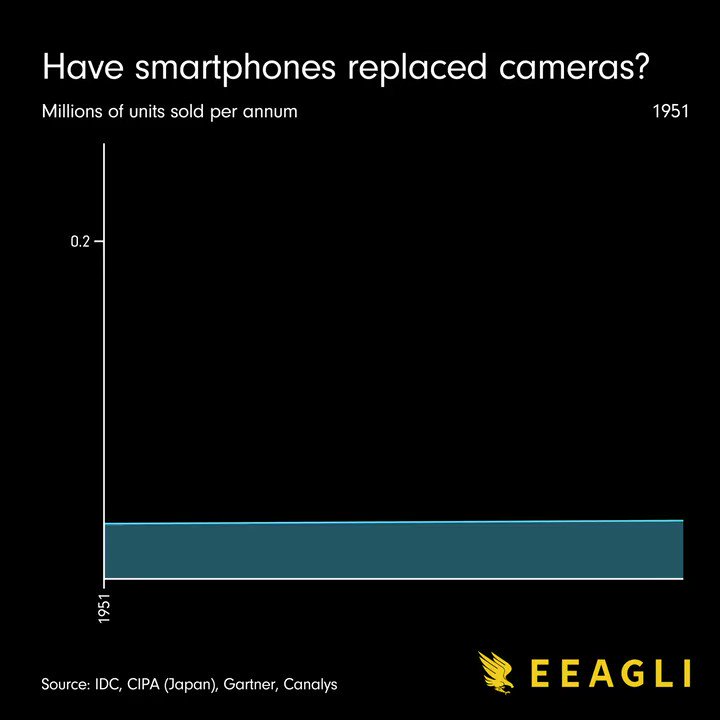This week…
In the year when Russia invaded Ukraine, Elon Musk bought Twitter, and Greta Thunberg brought down Andrew Tate, what has been your highlight?
Here’s a selection of top stories on my radar, a few personal recommendations, and the chart of the week.
The end of the Silicon Valley myth
Brian Merchant for The Atlantic:
The dramatic, multidimensional implosion of Meta; the nuclear train wreck of Elon Musk’s Twitter; the momentous labor uprising against Amazon—it wasn’t just an unusually disastrous year for America’s biggest tech companies. It was a reckoning.
The tech giants that have shaped our lives, online and off, over the course of the 21st century have at last hit a wall. Amazon, Alphabet, Microsoft, Meta, and Apple all saw their valuations fall, sometimes precipitously. Many slashed their workforces; at least 120,000 tech workers lost their jobs this year. The myth of the genius founder, which insulated so many of these giants from so much criticism for so long, was debunked before our eyes.
What an opening.
Big Tech giving European consumers what they deny Americans
Tom Wheeler for Brookings:
While the companies were spending $100 million to block the U.S. Congress from acting, the EU has moved forward on some of the very same issues. In particular, the messaging that seemed so frightening [in the US] failed to impress the European Parliament. As a result, the EU’s recently passed Digital Markets Act (DMA) and other activities are already accomplishing for European consumers what Congress has failed to accomplish.
I will never understand why American politics give so much power to lobbyists.
Your memories. Their cloud.
Kashmir Hill for NYT:
Google, Apple and Meta offer near-limitless digital basements in which to store photos, videos and important documents, but you should keep a copy of what you hold most dear.
It’s not just about organising. Learn to let go, and not just of material things. Declutter digitally. It’s okay.
Stop prioritizing the profits of Big Tech over the mental and physical health of our kids
Supriya Dwivedi for Toronto Star:
For the most part, the public debate on how best to improve online safety and minimize the harms experienced online has been focused on the regulation of content, with design of algorithmic considerations taking a back seat. This is silly. The crux of the issue isn’t one of individual bad actors posting individual bad pieces of content; it is the systems and incentives that exist within the platforms’ structures, allowing for the harmful content to be created and disseminated at a much wider scale to begin with.
After engaging in consultations with stakeholders and a myriad of experts, the federal government has stated they are explicitly moving away from an approach focused on content takedowns, and more toward a systems approach, bringing Canada far more in line with peer jurisdictions like the United Kingdom and the European Union. Both the U.K. and the EU have developed an approach to online harms that focuses on the systemic incentives that lead to the creation, dissemination and amplification of harmful content, in addition to requiring much more transparency from the platforms in terms of how their algorithms work.
I wish more people get it.
What I read, listen, and watch…
I’m reading “Deadly by Design,” the latest report by the Center for Countering Digital Hate, which shows how TikTok pushes harmful content promoting eating disorders and self-harm into users’ feed.
I’m watching “Personal Truth” by Charlie Lyne, a short documentary that takes a look at how fake news and conspiracy theories emerge—and why they linger in the imagination.
Reviews, opinion pieces and other stray links: The top Blocks of 2022:
The 117th Block: Against poor reporting and ‘poor’ reporting (July 31, 2022).
The 96th Block: The language of persuasion (March 6, 2022).
The 132nd Block: Taking stock of... (Nov 13, 2022).
Chart of the week

And one more thing
I will bid goodbye to my Facebook account by this time next week.




